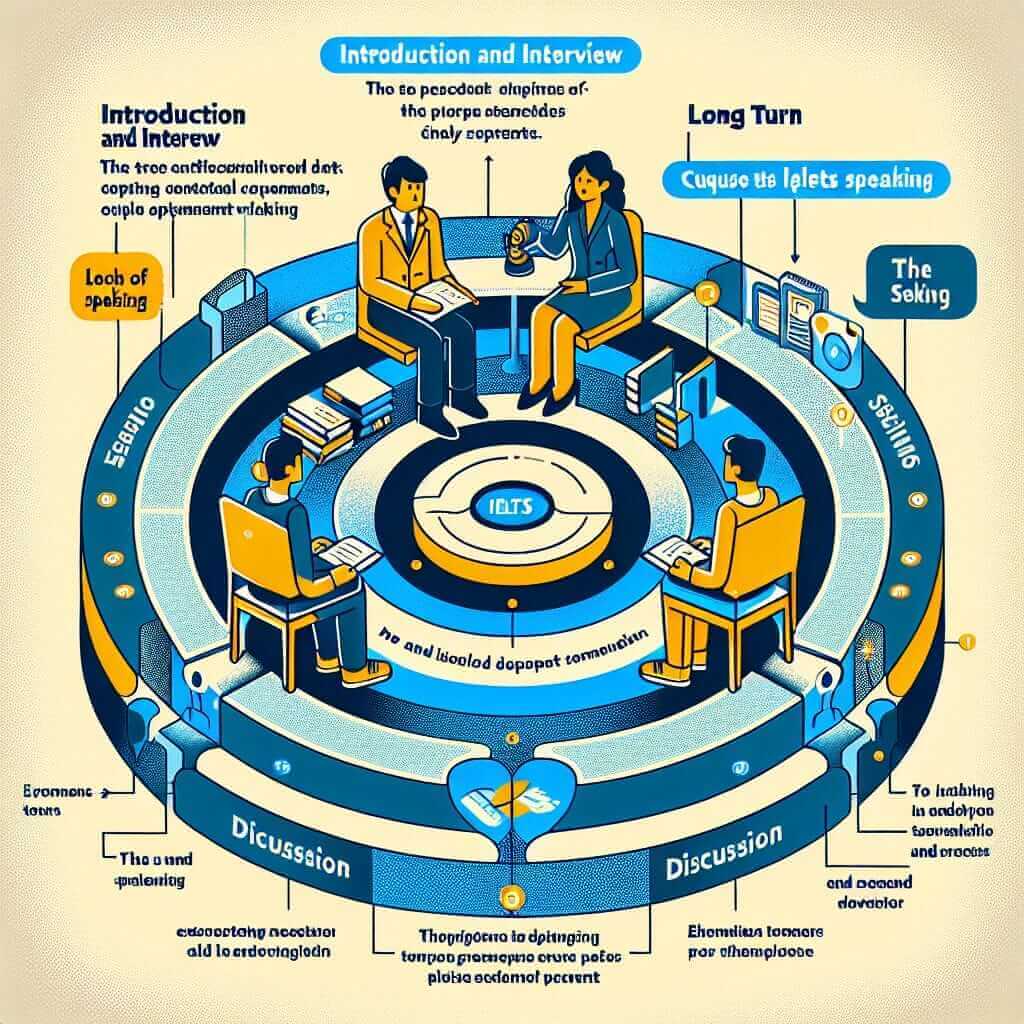The IELTS Speaking test can be nerve-wracking, especially the first part when you need to make a good impression. A strong introduction can set the tone for a confident and successful performance. This article provides a comprehensive guide on how to introduce yourself effectively in the IELTS Speaking test, including sample answers and valuable tips from my 20+ years of experience as an IELTS instructor.
Understanding the Importance of a Good Introduction
The initial “Introduction and Interview” section of the IELTS Speaking test aims to assess your fluency, pronunciation, vocabulary, and grammatical range. A well-crafted introduction helps you:
- Establish rapport with the examiner: A warm and confident introduction can make you feel more at ease and establish a positive connection.
- Demonstrate fluency and coherence: A smooth introduction shows your ability to speak naturally and connect your thoughts logically.
- Showcase vocabulary and grammar: You can use this opportunity to display a range of vocabulary and grammatical structures related to personal information and interests.
How to Structure Your Introduction
While you won’t have much time to prepare, it’s helpful to have a structure in mind. Here’s a simple framework:
-
Greeting and Name:
- Good morning/afternoon. My name is [your name].
- Please call me [your preferred name].
-
Where You’re From:
- I’m from [city/town], [country].
- I was born and raised in [city/town].
-
Occupation or Studies:
- I’m currently working as a [your profession].
- I’m a [year] year student studying [your field] at [university name].
-
Reason for Taking IELTS:
- I’m taking the IELTS exam because [your reason], for example, to study abroad/for work opportunities/for immigration.
-
Hobbies and Interests:
- In my free time, I enjoy [hobbies/interests].
- When I’m not studying/working, I like to [hobbies/interests].

Sample Introduction
Let’s put it all together:
Examiner: Good morning, my name is Sarah. Could you tell me your full name, please?
Candidate: Good morning Sarah, my name is [Your full name], but please call me [Your preferred name]. I’m from [Your city/town] in [Your country]. I’m currently working as a [Your profession], and I’m taking the IELTS exam to pursue a master’s degree in [Your field of study] at a university in [Target country]. In my free time, I enjoy [Your hobbies/interests].
Tips for a Strong Introduction
- Be clear and concise: Avoid rambling or providing unnecessary details.
- Practice pronunciation: Practice your introduction beforehand to ensure clear and natural pronunciation.
- Vary your vocabulary: Use a variety of words and phrases to describe yourself and your interests.
- Show enthusiasm: Speak with energy and engage with the examiner. Your passion for your interests can make your introduction memorable.
- Be yourself: Relax and be authentic. The examiner wants to get to know you and assess your English skills.
Common Questions and Answers
What if I can’t think of anything interesting to say about myself?
Everyone has something unique about them! Focus on simple things you enjoy, even if it’s watching movies or spending time with family.
Should I memorize my introduction?
It’s better to have a structure in mind than to memorize a script. Memorization can sound robotic and unnatural.
What if I make a mistake?
Don’t panic! Everyone makes mistakes. Briefly acknowledge it if needed and move on.
Conclusion
The introduction is your chance to make a positive first impression in your IELTS Speaking test. By following these tips and practicing your introduction, you’ll feel confident and prepared to succeed. Good luck!